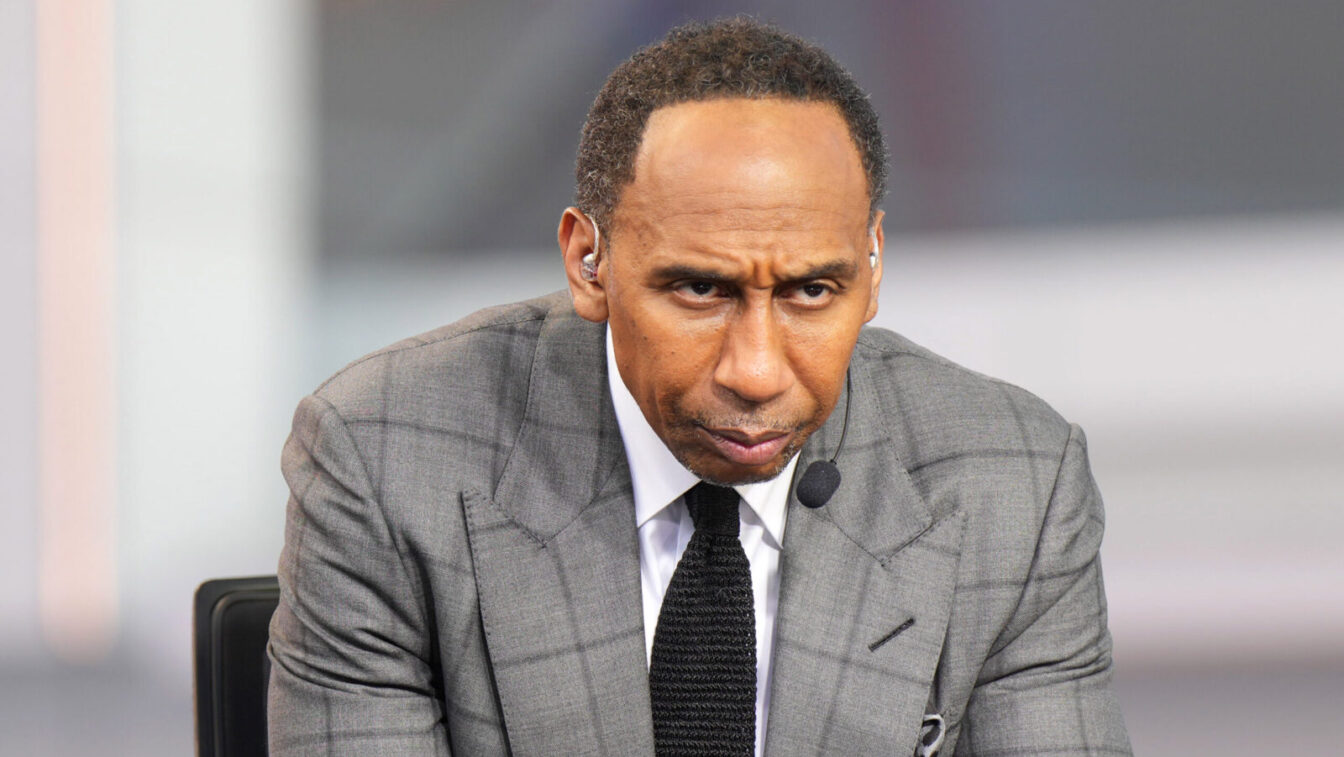‘I Got A Guy’: The Local Bookie Is Alive, Well, And Often Looks Good By Comparison To Regulated Shops
The reports of the local bookie’s demise have been exaggerated
6 min

It used to be a common phrase muttered in conversations between sports bettors.
Usually the words were spoken in a hushed tone while out in public with mixed company.
“I got a guy.”
In the days prior to PASPA, when a bettor was in need of someone to take his action, a cohort would usually offer the services of a person able to book it.
Those willing to provide this service, yes, outside the boundaries of the law, were an indispensable presence needed for the transaction of sports betting to actually happen.
For me as a child of a sports bettor in the 1970s, the “guy” operated out of a somewhat run-down shoe repair store located a couple of towns over. I never understood why my father went to this store every two weeks because he never went in or out actually carrying any shoes.
Also, his mood could either be angry or happy when he returned to the car.
Then later in life, when I followed in his footsteps, no not as an insurance salesman, but going to see my “guy” on a semi-weekly basis, we met behind a KFC in South Philly.
I don’t like KFC and never made a to-go order.
For bettors located outside Nevada, that type of relationship was necessary if you wanted to bet on sports.
Now in a marketplace where nearly 40 states offer legalized sports betting, those “guys” would seem to have the same job security as workers who churn butter or darn socks.
But that’s not the case, as there are still plenty of underground bookies taking action, even though many of their clients very likely could be wagering with a publicly traded sports betting company.
That old school repair store, it has been replaced with a Chipotle. However, there is a corner bar down the street …
To get an understanding of the role underground bookies play in a legalized market, we talked to a number of sports bettors who still call upon these services.
Staying the course
New Jersey is perhaps the epicenter of the new age of sports betting. It was championed there by the almost universally disliked former Gov. Chris Christie who found a way to get bipartisan support for legalized sports betting as a way to boost Atlantic City and state revenue.
Now New Jersey has 14 active legal sportsbooks making it easier for both consumers to place their action and for the government to get a piece of it.
The latter part of the equation is why some bettors still prefer going through their guy either in town or in Antigua, Costa Rica, and similar locales.
“Local bookies are best for those looking to get their action down and then avoid the taxes that can be as high as 20 to 25 percent of gambling winnings,” said a North Jersey sports bettor. “I know a lot of people who want to keep doing it the way they did and not give up all the personal information that you need when you register for something like DraftKings.”
He added: “A lot of bettors have done it this way for a long time, and sure it is technically illegal to use a bookie, but they don’t see it as a big deal or a crime, so why change?”
New Jersey’s neighbor, Pennsylvania, also has plenty of legal options (11), along with a population of bettors who still prefer the old school alternatives.
“Most common reason some people I know use a local and/or offshore accounts instead of legal and regulated places is the incredible value of line shopping,” said Dan Abrams, a sports bettor based out of suburban Philadelphia and the author of But How Much Did You Lose?
“Even getting -105, which some offshore places offer on a play that most books have -110, can be so much more profitable that it’s worth using all the outs available.”
It’s not just the juice that sometimes differentiates legalized sportsbooks and those operating outside of the government’s approval, it’s also the stakes they are willing to take.
“Some [bettors] are limited by regulated operators in terms of bet stake and resort to betting with bookies because they can do it on credit and have higher limits,” said our New Jersey source.
No matter what promotion a national sportsbook like FanDuel will run around the Super Bowl to generate business, you can guarantee it won’t be allowing people to float their bets, like a neighborhood operator would do.
A veteran sports bettor who spends his time between Southern California and Las Vegas offered a unique perspective on the topic.
Even when he leaves the Golden State, which doesn’t offer legal sports betting, and goes to the desert synonymous with it, he still sees plenty of action that doesn’t happen behind the counter of those world famous casinos.
“It’s simple,” he said regarding why there are independent bookies operating in legalized markets. “If a bookie is willing to offer a better number than a casino sportsbook, then people, especially when they are dealing with a lot of money, will find value in it. It’s all about having as many outs as possible.”
Back in California, he says most bettors there use a combination of offshore websites, bookies, and a small percentage of people who make the trek to Tijuana where sportsbooks are plentiful.
Continental divide
Legalized sports betting is offered in Canada, but with some different governmental regulations and accessibility across provinces. Ontario is the most consumer-friendly province, but still there are sports bettors who call upon local bookies or offshore accounts instead of legalized sportsbooks, the ones beholden to public shareholders.
“I use offshore accounts to broaden the list of books I have access to” said the Canadian-based bettor responsible for the influential X account @PlusEVAnalytics. “There are very few legal books in Ontario that haven’t banned me or limited me to very small amounts. The offshore books I use are the more reputable ones that have been around for a long time so I don’t have any significant concerns about paying out.”
The inherent concerns that a local bookie may not pay out or an offshore book based on an island hundreds of miles away from North America won’t allow a customer to withdraw funds is one of the primary differences between them and the legal operations.
PlusEVAnalytics doesn’t dwell on that worst-case scenario.
“Biggest downside of offshore is there’s no regulator to protect me in the case of a dispute. However, my experience using the Ontario regulator to resolve disputes has led me to believe that I don’t have any more protection here than I would have offshore.”
The reward component is often what bettors find most appealing about legal sportsbooks. They often come in the form of bonus bets, odds boosts, and deposit matches.
“Why would I use a bookie?” an upstate New York bettor in his 20s asked rhetorically. “I get all the lines I want to bet at any time on the apps, plus I can load up with all the bonus bets. I know it doesn’t make me sound like a big swinger, but these $5, $10 bets add up. I then turn around and make parlays and futures bets on them.”
He said he most often uses DraftKings because of the app’s interface that makes navigability better than its competitors.
Ironically, those we talked to said it’s probably easier to find a local bookie today than prior to legalization.
The reports of the local bookie’s demise have been exaggerated.
“I think offshore bookies have done even better since it was legalized, now there is an uptick in sports betting in general across the country,” said the North Jersey bettor. “Even my long-time local bookie here in Jersey is more than operational.”
The Southern California bettor described the then and now with local bookies.
“In California, it’s not too hard to find a bookie. However, it’s different than the old days back in the ’80s and ’90s, when you’d pick up the phone and get lines as well as place your bets. Now, the bookie system is much more sophisticated with actual apps and websites that you can check odds and make bets on. The only thing that has stayed the same is evening up, that’s still done in cash mostly.”
Looking ahead
One aspect of legalized sportsbooks that has generated concern in the betting community is how often they are laying two-way juiced lines above the customary -110. Experienced bettors find these lines offensive, but inexperienced recreational bettors, the ones targeted by the national retail books, may not see it the same. They may lack the acumen to understand how a 5-cent move like this can impact a bankroll over time, or, even worse, see a -115 or higher two-way line just as standard operating procedure.
If lines like this become more prevalent, expect offshore accounts to continue to stay flush with clients.
Abrams (@DoctorRazzWSOP) believes it’s possible the biggest advocate for illegal bookmakers just may be the legal ones.
“If they move from -110/-110 against the spread to -115/-115, it’s such an obvious and in-your-face increase that I think even a lot of rec bettors will look elsewhere. It’s like if the gas station on your way home raises its price from $2.75 to $3.25. It’s only an 18% increase in reality, but it feels like you’re being gouged so you look for another station that still has a price under $3.”






